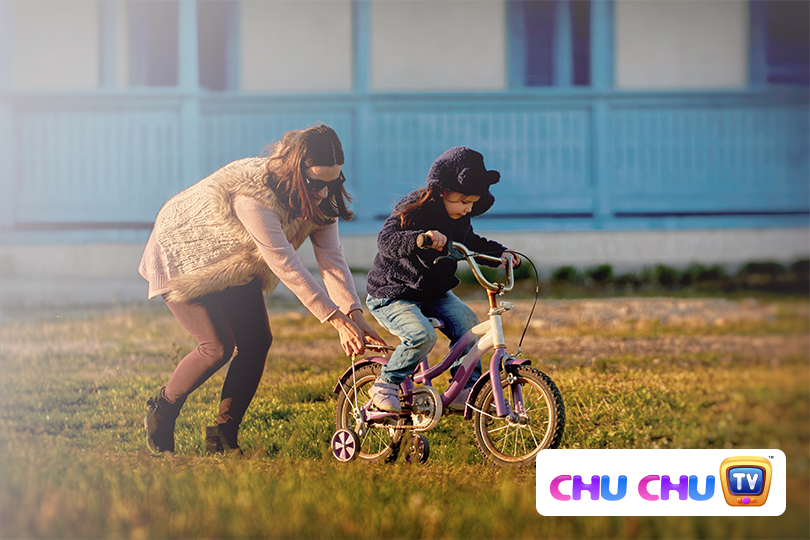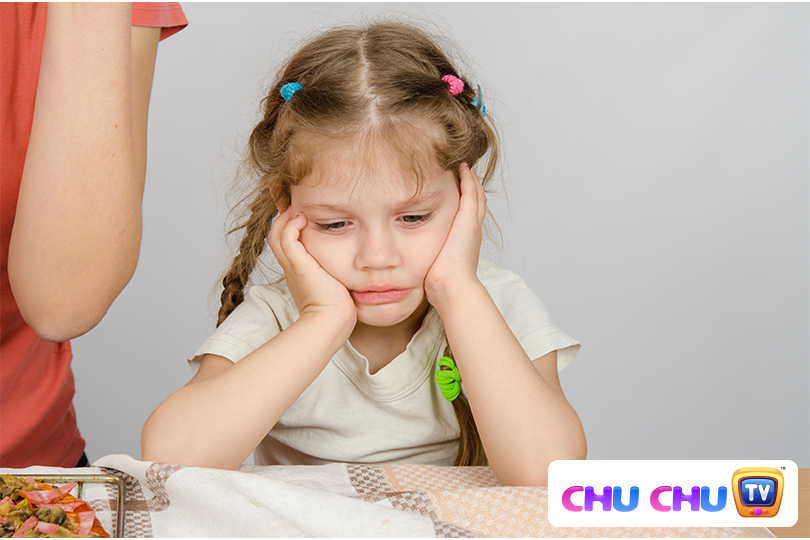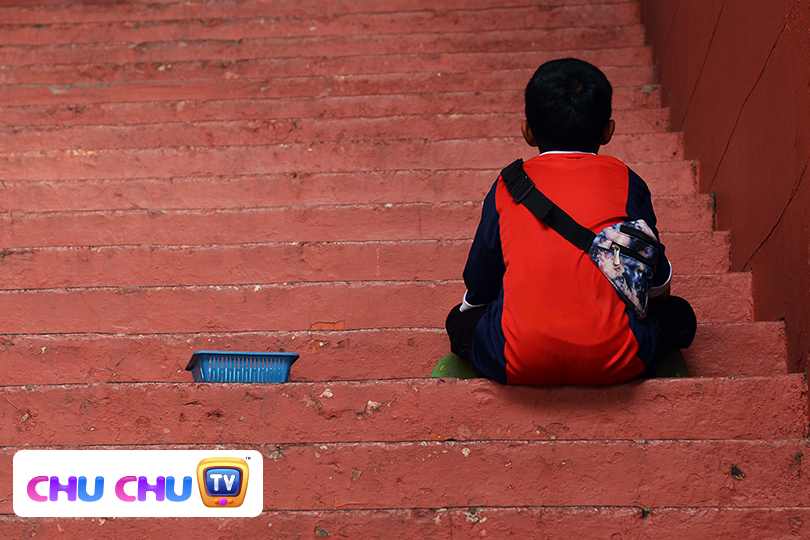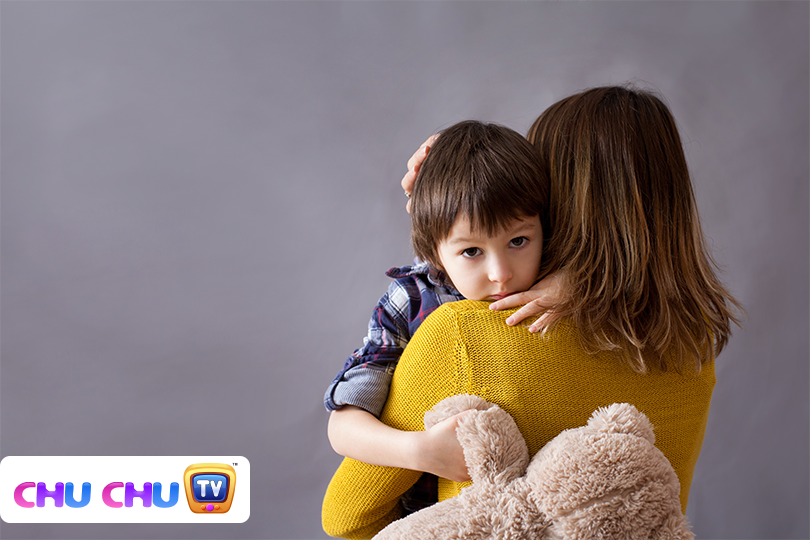Every parent tries to serve the best interests of their children. Staying protective, caring and responsible for your kid is what parenting is all about. But, the tendency to overprotect, overindulge or over schedule your kid, on the contrary, is known as over parenting. Leading child Psychologists believe that over parenting is a widespread concern among modern day parents. In a fast moving world, parents want to control that one thing they can completely control – that is their children! Their overbearing actions (upon the kid) stem from their fear about the kid’s future.
Psychologists believe that parents who are overdoing their duties try to micro manage every aspect of their child’s life. They can be hyper-vigilant or over-indulgent. While on one hand, they cannot bear watching their kid being hurt, fail or make any mistake; on the other hand they feel too guilty about disciplining their children. Child Psychologists believe that over parenting has a significant negative impact on the child’s future, where he becomes overly dependent upon the parents and is not able to make his own decisions. So, over parenting should be stopped right away, and if you want to achieve that continue reading.
Sign #1: Keeping the child away from things you are scared of
Forbidding the kid to do or participate in things that you hate or are scared of will not help the child overcome fears. If you want the child to become independent and confident you should allow the kid to try out age appropriate activities. The child will learn a lot from the risks he/she takes and form their own do-not-do list. Moreover, once the child reaches adolescence, many of the tasks you have forbid him to do so far will become curiosities, what will you do then? So it is better to expose him now, than later.
Sign #2: Panicking with the Child’s bad grade
As a parent you want your child to be the best in the world (in every aspect), and largely instigated by this desire you freak out when your son earns bad grades. You feel as though this is the most important thing in the child’s life. Come on, everyone gets bad grades in an exam! It does not mean that your son will stay behind his classmates forever. So, rather than criticizing and pointing towards his failure, you should encourage him to work harder and stay persistent. Remember: failure is a part of life and everyone has the right to fail. What counts is the learning’s taken from a failure.
Sign #3: You cannot say “No” to child’s food demands
So, your kid is a fussy eater, and you are naturally very worried about him going hungry. So, when he demands for junk food, you feel reluctant to say “No”. But, your act is paving way for a future health hazard. It is not only a form of spoiling your kid; it will also lead to adolescence obesity. Treats (with some portion of junk food) once in a while is fine, but allowing your kid to have such food on regular basis is bad. You can cook different recipes at home, if the child is a fussy eater.
Sign #4: Don’t be a do-it-all for your child
As a parent, you might feel obliged to simplify your child’s life by doing all his tasks. You carry his school bag, drive him to school, you are the stylist, cleaner, cook and many other things for him. But, have you ever wondered how he is becoming excessively dependent upon you? Entrusting the kid to do his own tasks, in a gradual manner helps them stay confident. When you slowly move away from the do-it-all model, it helps the child learn things.
Sign #5: You want to make them perfect
Your child is not a work of art, and does not need to be perfect on all counts! Blemishes in them are natural; they are supposed to have them. Do not over expect from them. Most parents want their kids to have all the talents at once – earn good grades, stay high in popularity ratings among friends, be a great painter, master in martial arts, and the list goes on. So, in the haste of making them perfect you often end up flushing out their personal traits or individuality. Such kids, later on in their life, struggle to even have a strong personality.
Sign #6: Every situation is not an emergency
Do not freak out at small things. Just because your child has come home from his football practice with a bleeding foot does not mean it is a medical emergency. The bleeding will stop in a while with a proper application of medicines. By panicking, you are affecting the psychology of the kid. He, himself starts believing that the injury is a serious one. Furthermore, each time he has similar bleeding he will feel afraid and maybe not participate in the game at all. So, before sounding the alarm, pause some seconds and ask yourself: Is this a real emergency?
Sign #7: Allowing your child to give up quickly
Learning a new thing (even simple ones) can be a big challenge for your kid. And kids have the tendency to give up when they are confronted with a roadblock. They will try to convince you why quitting is the best option for him. But, no matter how he tries to convince you, do not be swayed. Once you convince your child to persist, you will find he starts taking keen interest and even becomes quite good. This act will teach them the value of not quitting without trying hard.
Sign #8: Comparing your child with others
Your kids are not your pawns in a race against others. In the modern era of social media, where your friends are publishing the accomplishments of their kids it is easy to be instigated to participate in a competition. Every child comes with some talents, try nurturing those and don’t pressurize him to compete with others, just for bragging rights.
Sign #9: Depriving the kid of enough play time
Today’s children have their schedules filled with a host of extracurricular activities, apart from their normal studies. In an effort to make your child a master of all trades (from swimming, martial arts, cultural skills, etc.) you are hampering his natural growth. Just like you need some relaxation after busy day’s work, your child too needs some play time on the ground. And while doing so, your child makes new friends and learns the skills of socializing with children of similar age groups.
Sign #10: Arguing about child’s choices
You are of course the guide of what your child does, but overdoing that can be bad. If you constantly argue with your kids about how they dress, eat, talk, etc. then you are over parenting. Your child should be allowed to make his own choices, and you can guide him after listening about the choices.
Sign #11: Arguing with other adults on how to treat your child
Such parents are popularly known as Helicopter parents. They tend to interfere on how other adults treat their children. If the child gets bad grades they end up arguing with the teacher, on how the assessment was wrong. If the grandmother offers sweets, they tend to quarrel with the grandmother over the unhealthy aspects of sugar consumption, etc. You have to let other adults deal with your kid in their own way.
Sign #12: Worrying about things other parents ignore
Are you worried about things that other parents allow their kids to do independently? You may not allow your kid to cross the street, while others of his age group do. You might not allow your kid to play on the monkey bars, while his other friends play on merrily. These are some of the examples where you are undermining the capabilities of the kid.
By deciding to shun the practice of over parenting, you will make your child better prepared for their life ahead.






















Leave a Comment